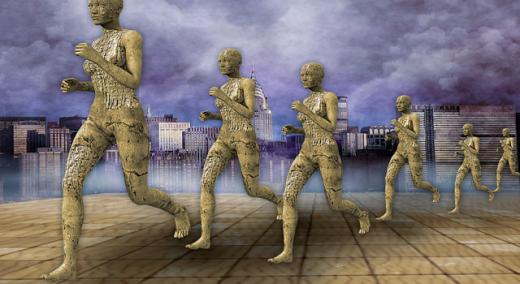During the last several centuries, the economy of the modern world emerged from a contract—unwritten, unspoken, almost unrecognized—between risk-takers who started businesses and the hirelings who did the work to ensure those businesses’ survival and profitability.
|
ADVERTISEMENT |
Enterprises of the kind that exploited natural resources, turned those resources into mass-produced goods, and then sold those goods to customers, could only get really big through thousands of people digging, manufacturing, building, selling, and bookkeeping, not to mention countless other tasks both large and small.
In turn, those workers could only afford shelter, food, and clothing for themselves and their families through the wages that the company provided in exchange for their labor; paychecks that, incidentally, helped those workers buy the products sold by countless other companies, which provided the revenues for those companies to pay their employees. And thus a complex economy arose, and mostly thrived.
…

Add new comment